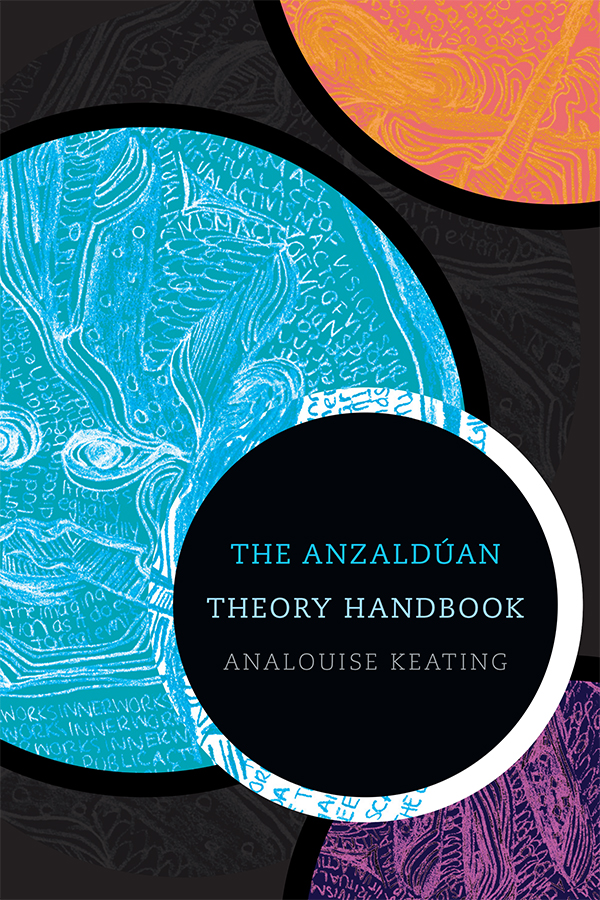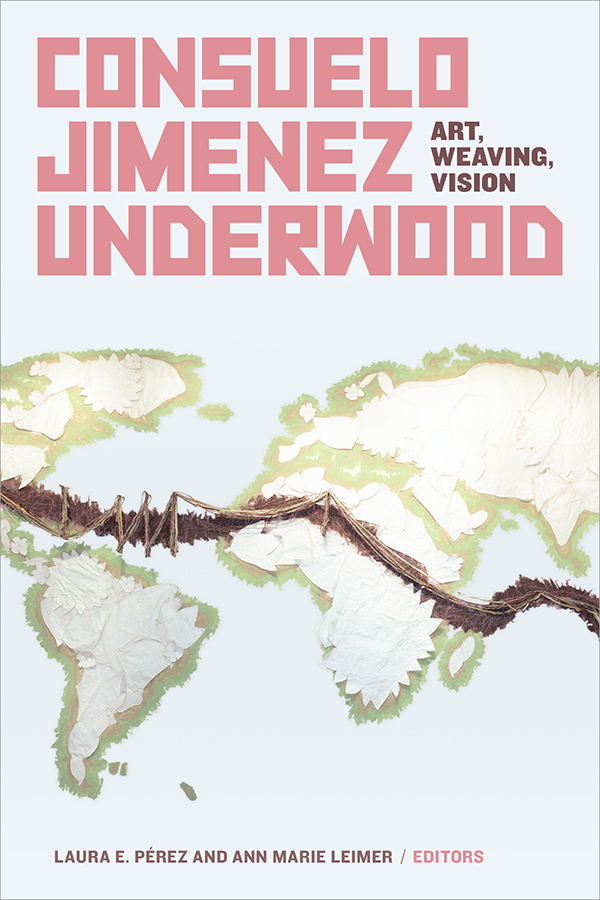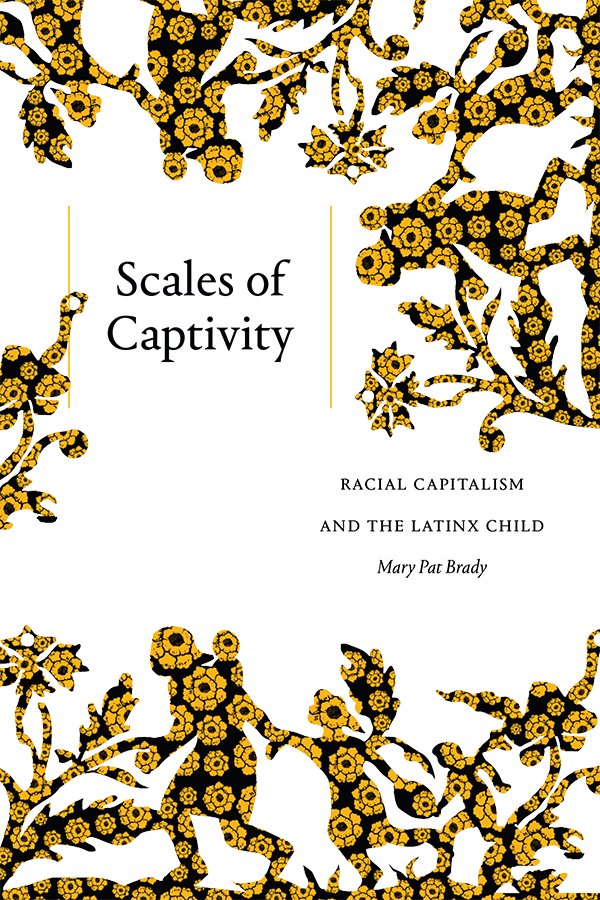Hispanic Heritage Month which takes place September 15-October 15, celebrates the generations of Hispanic Americans who have positively influenced and enriched our nation and society.
Today, September 26, is Gloria E. Anzaldúa’s birthday, so it’s a fitting day to share our new titles in Latinx studies, including The Anzaldúan Theory Handbook, by AnaLouise Keating. Through archival research and close readings of Anzaldúa’s unpublished and published writings, Keating offers a biographical-intellectual sketch of Anzaldúa, investigates her writing process and theory-making methods, and excavates her archival manuscripts. The book also includes extensive definitions, genealogies, and explorations of eighteen key Anzaldúan theories as well as an annotated bibliography of hundreds of Anzaldúa’s unpublished manuscripts.
In A Kiss across the Ocean, Richard T. Rodríguez examines the relationship between British post-punk musicians and their Latinx audiences in the United States since the 1980s. Melding memoir with cultural criticism, Rodríguez spotlights a host of influential bands and performers including Siouxsie and the Banshees, Adam Ant, Bauhaus, Soft Cell, Frankie Goes to Hollywood, and Pet Shop Boys.
The contributors to Consuelo Jimenez Underwood: Art, Weaving, Vision, edited by Laura E. Pérez and Ann Marie Leimer, examine the artistic practice of artist Consuelo Jimenez Underwood, whose innovative art and urgent engagement with a range of pressing contemporary issues mark her as one of the most vital artists of our time.
In The Florida Room, Alexandra T. Vazquez listens to the music and history of Miami to explore the city’s sonic cultures and its material and social realities. She transforms the “Florida room”—an actual architectural phenomenon—into a vibrant spatial imaginary for Miami’s musical cultures and everyday life.
Drawing from archives and cultural productions from the United States, the Caribbean, and Europe, in Translating Blackness: Latinx Colonialities in Global Perspective, Lorgia García Peña considers Black Latinidad in a global perspective in order to chart colonialism as an ongoing sociopolitical force.
In Junot Díaz: On the Half-Life of Love, José David Saldívar offers a critical examination of one of the leading American writers of his generation. He explores Díaz’s imaginative work and the diasporic and immigrant world he inhabits, showing how his influences converged in his fiction and how his writing—especially his Pulitzer Prize–winning novel The Brief Wondrous Life of Oscar Wao—radically changed the course of US Latinx literature and created a new way of viewing the decolonial world.
Scales of Captivity: Racial Capitalism and the Latinx Child by Mary Pat Brady traces the figure of the captive and cast-off child over 150 years of Latinx/Chicanx literature as a critique of colonial modernity and the forms of confinement that underpin racialized citizenship.
In Unsettled Borders: The Militarized Science of Surveillance on Sacred Indigenous Land, Felicity Amaya Schaeffer examines the ongoing settler colonial war over the US-Mexico border from the perspective of Apache, Tohono O’odham, and Maya who fight to protect their sacred land.
Juan Herrera maps 1960s Chicano movement activism in the Latinx neighborhood of Fruitvale in Oakland in Cartographic Memory: Social Movement Activism and the Production of Space. From Chicano-inspired street murals to the architecture of restaurants and shops, Herrera shows how Fruitvale’s communities and spaces serve as a palpable, living record of movement politics and achievements.
In Toward Camden, Mercy Romero writes about the relationships that make and sustain the largely African American and Puerto Rican Cramer Hill neighborhood in New Jersey where she grew up. She resists narratives of the city that are inextricable from crime and decline and witnesses everyday lives lived at the intersection of spatial and Puerto Rican diasporic memory.
In The Lettered Barriada: Workers, Archival Power, and the Politics of Knowledge in Puerto Rico, Jorell A. Meléndez-Badillo tells the story of how a cluster of self-educated workers burst into Puerto Rico’s world of letters and navigated the colonial polity that emerged out of the 1898 US occupation. They did so by asserting themselves as citizens, producers of their own historical narratives, and learned minds.
Check out all our great titles in Chicanx and Latinx studies here.



